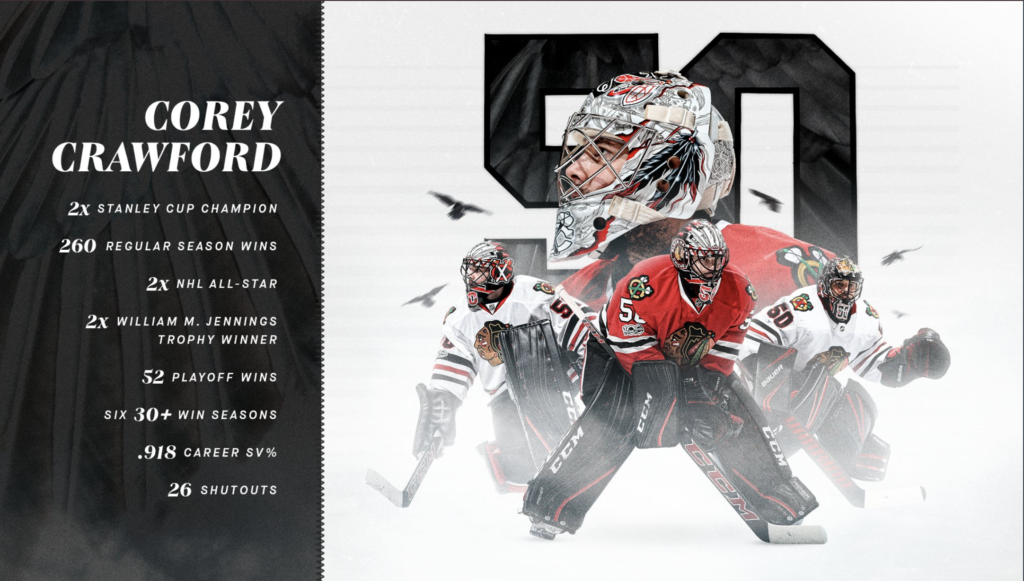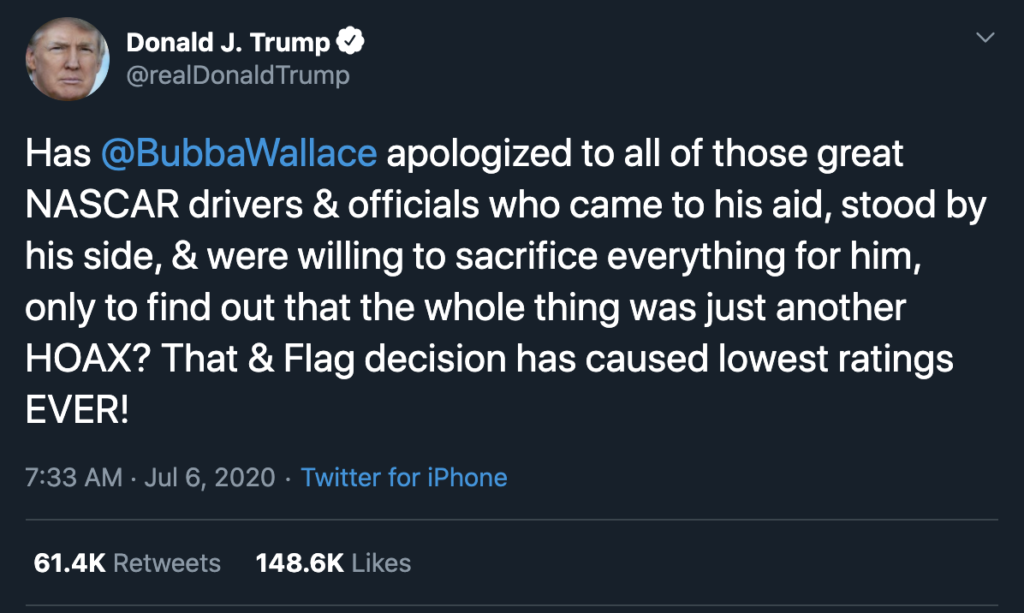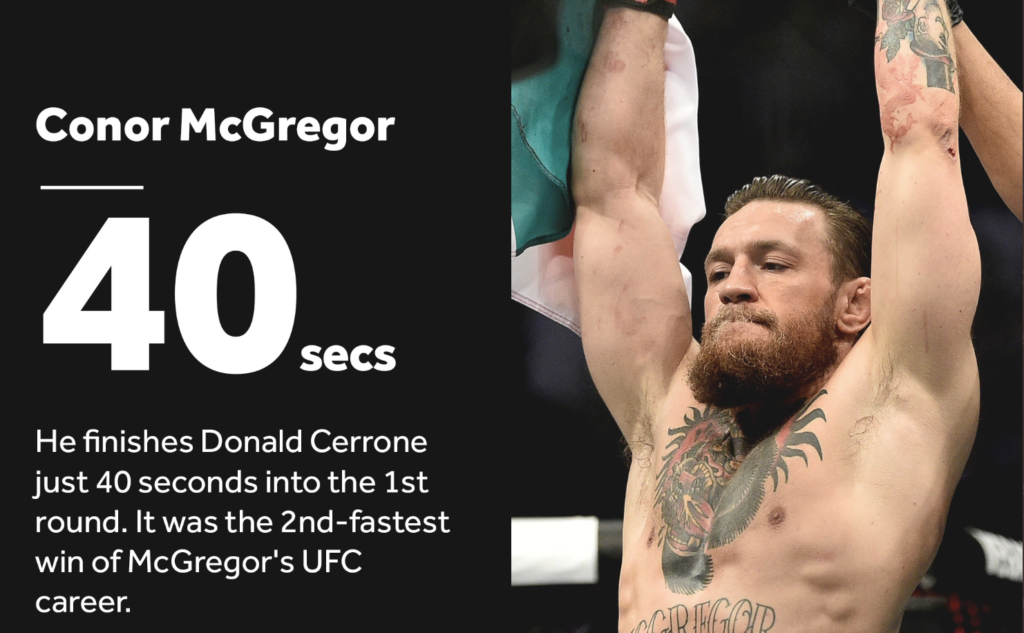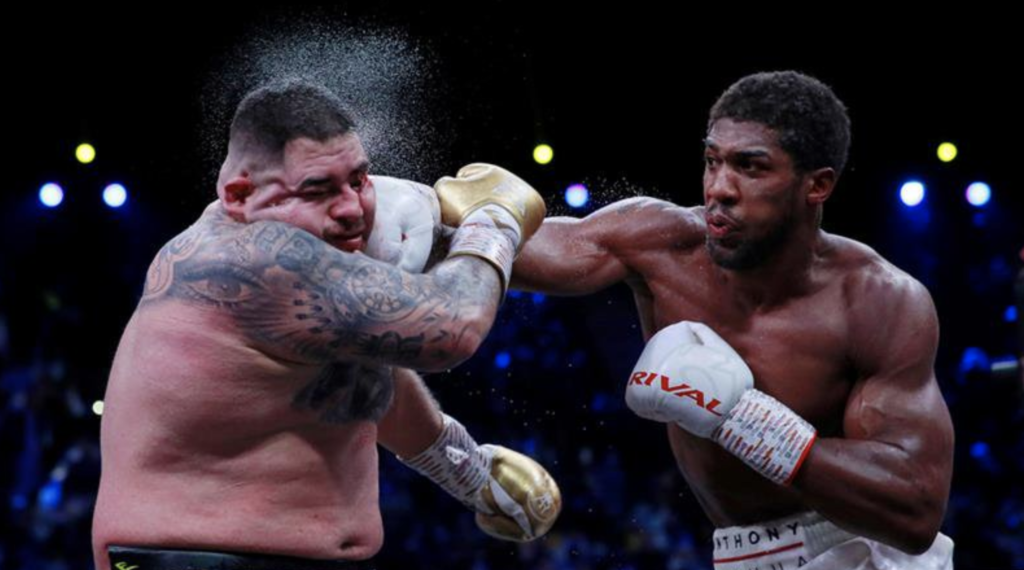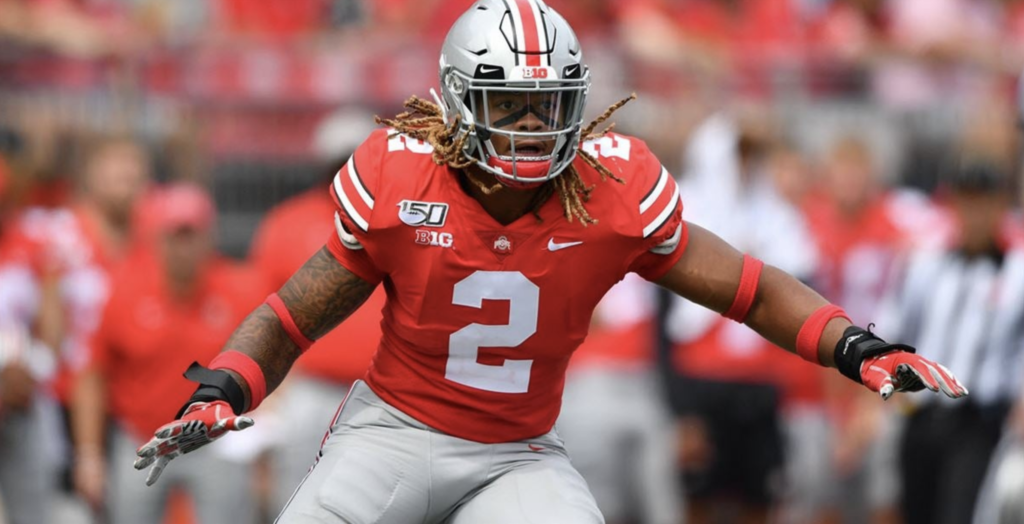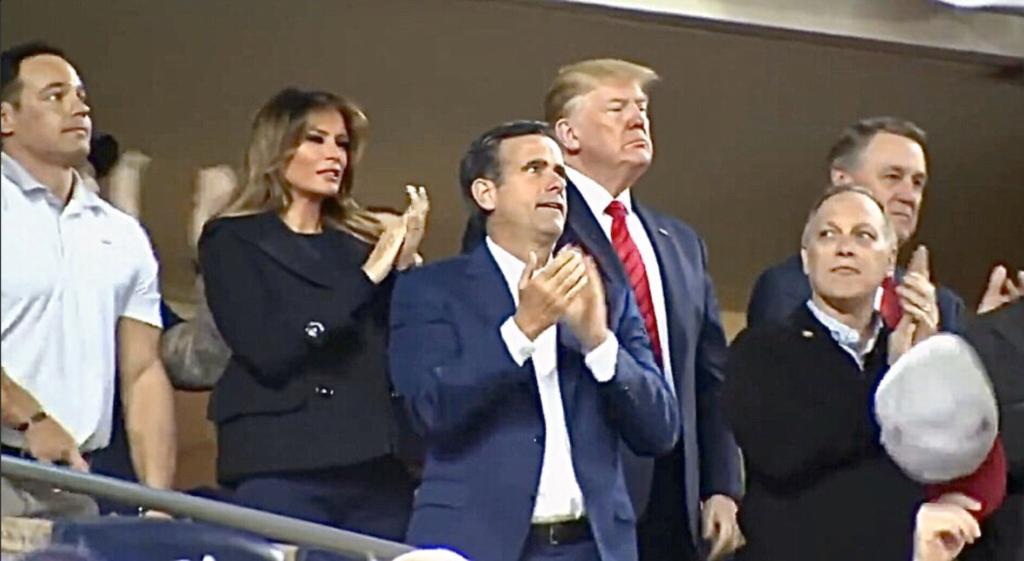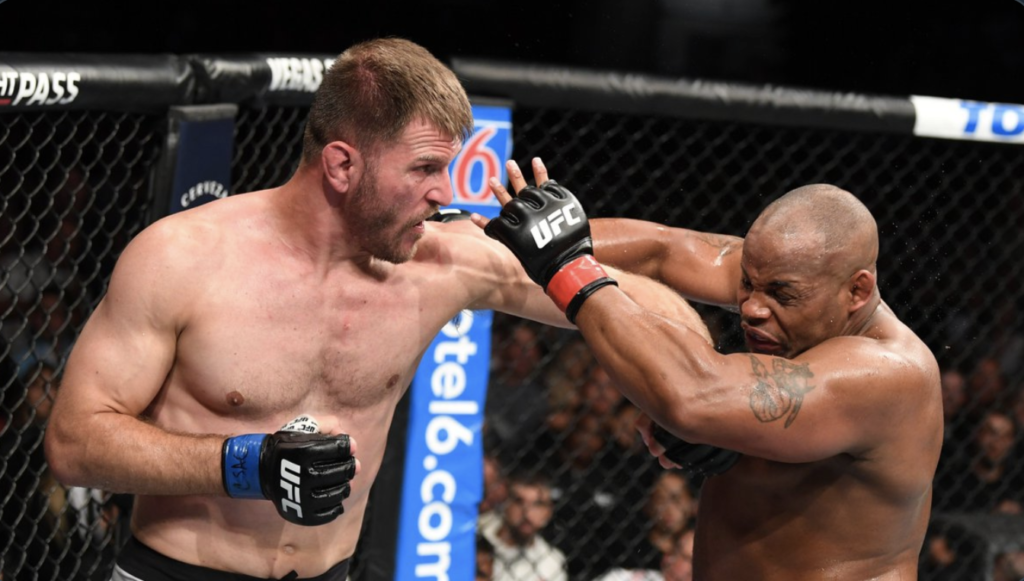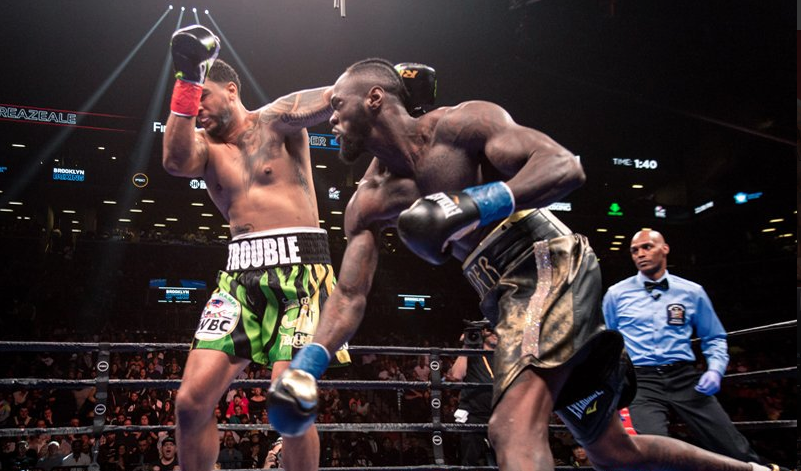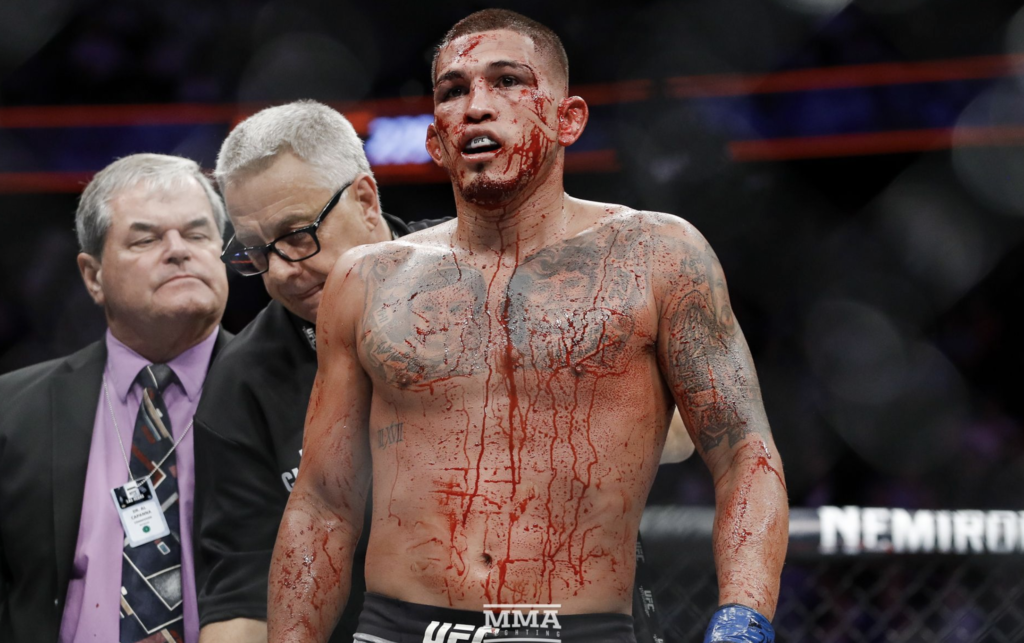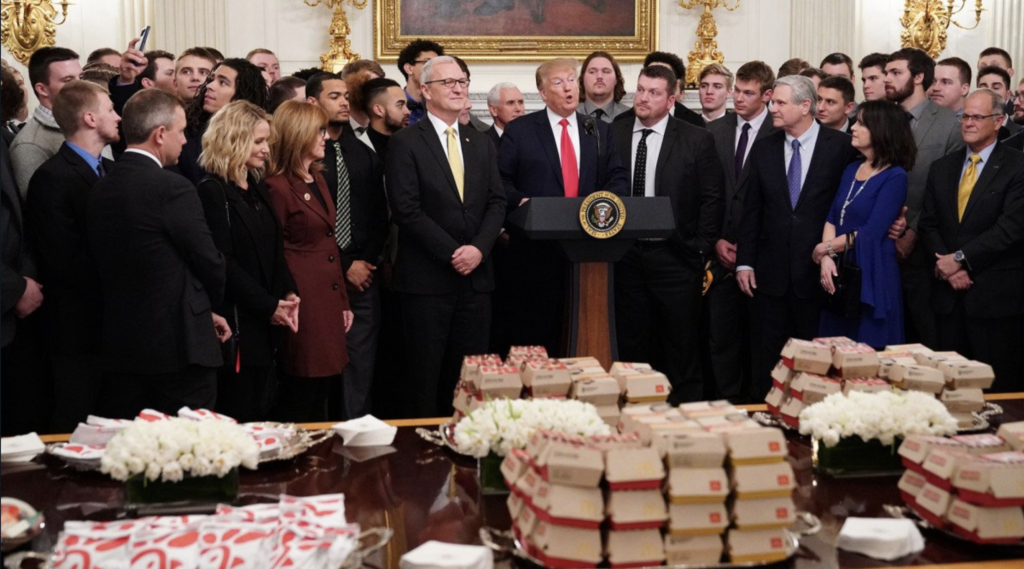NHL Locks Players Out
17 Sep, 2012
The NHL is officially in its third work stoppage in less than 20 years.
The seven-year collective bargaining agreement between the sides expired at midnight Saturday, a day that saw the league and the NHL Players’ Association hold no formal negotiations.
The 1994-95 NHL season was reduced to 48 games because of a lockout, and the 2004-05 campaign was wiped out due to labor strife.
Ominous clouds hang over the heads of commissioner Gary Bettman and NHLPA executive director Donald Fehr to get a deal done or the league could soon start canceling games.
The preseason is set to begin Sept. 23 and the regular season Oct. 11.
Because of the lockout, training camps will not open until agreement on a new CBA is reached.
“We spoke [Saturday] and determined that there was no point in convening a formal bargaining session in light of the fact that neither side is in a position to move off of its last proposal,” NHL deputy commissioner Bill Daly said. “I’m sure we will keep in touch in the coming days and schedule meetings to the extent they might be useful or appropriate. We are sorry for where we are. Not what we hoped or expected.”
The league and union haven’t formally met since Wednesday, but that three-hour session didn’t produce significant progress.
This is the third major sports league to impose a work stoppage in the last 18 months, joining the NFL and NBA in 2011.
Money, specifically revenues earmarked to players, remains at the center of the controversy. Under the just expired CBA, players received 57 percent of hockey revenue. Owners reportedly want to reduce that number to as low as 47 percent.
TSN of Canada reported in late August that the league’s original offer, which was a six-year agreement, was meant to reduce the NHL’s financial demands. Players were in line to see a gradual reduction in revenue share percentage, according to the report.
The first proposal by the NHL was to decrease the players’ revenue share from 57 percent to 43, but TSN reported the percentage would drop to as low as 49.6 in 2014-15 before coming up to 50 percent for the final three years of the deal.
That has been amended, according to RDS. The league’s offer Wednesday stated that players were to receive 49 percent of hockey related revenues in the first year of the deal, before that number dropped slightly to 47 percent.
While details of the players’ proposal have not been revealed, Fehr said earlier this week that the union is prepared to see a drop in their cut of revenues provided that large market clubs are willing to provide whatever assistance is necessary to keep smaller teams viable.
That practice, known as revenue sharing, has gained a foothold in the other three major professional sports in the United States.
Despite both sides inching closer together on the issue of how to properly split revenues, the NHLPA is refusing to budge on the idea of another salary rollback in light of continued record revenue growth the NHL claims since 2005. Players agreed to a 24 percent reduction seven years ago, and the league is asking for another significant decrease this time around.
foxnews.com
Mentioned In This Post:
About the author
The Trending Report is the only online platform where celebrities, trendsetters and news-makers can speak directly to their fans free from the exaggerated headlines, out of context sound-bites and flat out lies we see in today’s media.
We vigorously seek opportunites to bring authenticity to the events and stories that shape our interests by seeking out the individuals who are involved for our interviews.
Because our interviews are in context you are assured an authentic story.
Putting control of the story back in the hands of the people involved.
